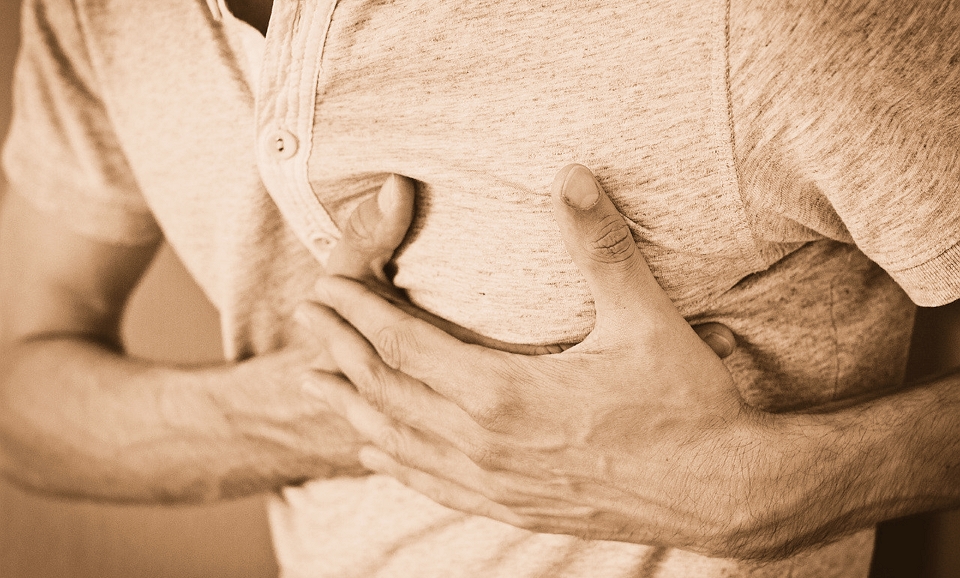Many Koreans are ready to celebrate the New Year’s Day despite their year-long fight against Covid-19.
However, guzzlers will have to refrain from excessive celebration lest they should be brought to hospitals because of heart problems, called the “holiday heart syndrome (HHS),” medical experts said.
HHS, coined by the U.S. doctor Phillip Ettinger in 1978, is an irregular heartbeat pattern presented in healthy individuals, sometimes following excessive alcohol consumption. Ettinger conducted a study on 24 patients hospitalized for arrhythmia. They had no history of heart disease but developed arrhythmia symptoms after drinking large amounts of alcohol during New Year's Eve.

This study showed that healthy individuals who had shown no signs of heart problems could develop acute arrhythmia if they binge drink during holidays. The main symptom of HHS is atrial fibrillation. It induces abnormal heart rhythms and causes irregular blood flow, resulting in breathing difficulty, chest pain, dizziness, and blackout.
These symptoms may appear temporarily and go away. If people continue to carry the symptoms without taking appropriate measures, however, they can experience a stroke, heart failure, complications of heart disease, and can even meet a sudden death in severe cases, according to experts.
Acetaldehyde, a toxic substance generated while metabolizing alcohol, decreases the ability to contract the heart, leading to arrhythmia and abnormal heartbeat.
The experts say that people can develop HHS even with a single shot. This is because stress, overeating, sodium intake, dehydration, sleep deprivation, caffeine, and other complex effects can cause the syndrome regardless of the amount of alcohol consumption.
The Mediplex Sejong Hospital Cardiovascular Center reported that there were 95,000 visits to the emergency rooms nationwide from 2012 to 2016 due to heart arrest caused by internal medical conditions.
During 43 holidays in the New Year and Chuseok (Korean Thanksgiving Day) between 2012 and 2016, about 2,500 patients, or a daily average of about 60, suffered cardiac arrest and collapsed from the symptom.
Jeon Yong-joon, head of intensive care unit at Dasarang Central Hospital, said, "Heart attack cases spike after holiday seasons such as Christmas and New Year’s Day in other countries, too, and the best way to prevent HHS is to avoid drinking alcohol considering even healthy individuals can develop the syndrome."
According to a report by ABC News, Dr. Harsimran Singh, an interventional cardiologist and the adult congenital heart disease director at New York-Presbyterian Hospital/Weill Cornell Medical Center, also said that heart attack could represent an acute blockage of blood flow to one of the three main arteries that feed the cardiac muscle.
The article said that a study led by researchers at the University of California San Diego had shown that cardiac deaths peak on Christmas and New Year's Day.
There are also those with a higher risk of developing heart disorder due to genetic factors.
"Most of those who died of sudden death from teens to their 40s have a high rate of inherited heart disease running in their bloodline," said Professor Shin Seung-yong of the Internal Medicine Department at Chung-Ang University Hospital. "About 25,000 cases of heart attack are reported annually in Korea, and the number has been increasing every year."
According to the Korean Society of Cardiology's analysis on 1,979 sudden cardiac arrest patients, 290 of them, or 14.7 percent, had hereditary arrhythmia.

